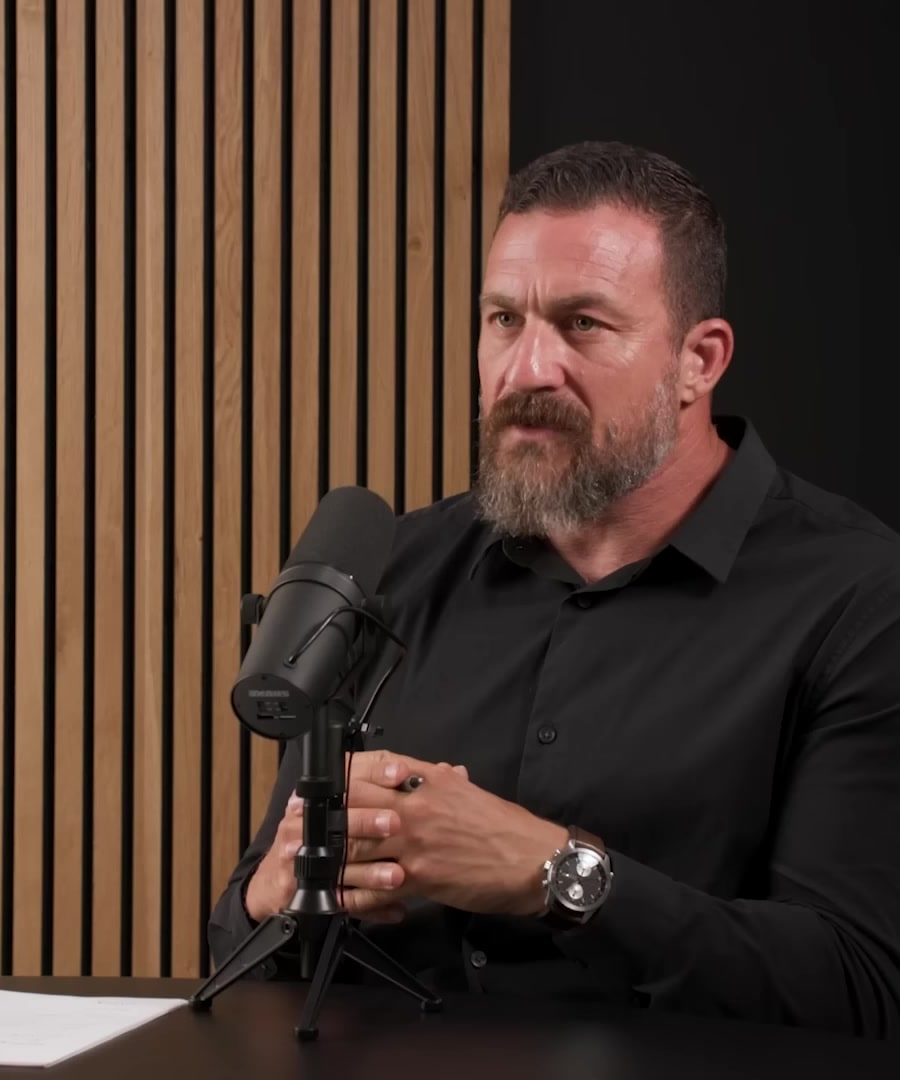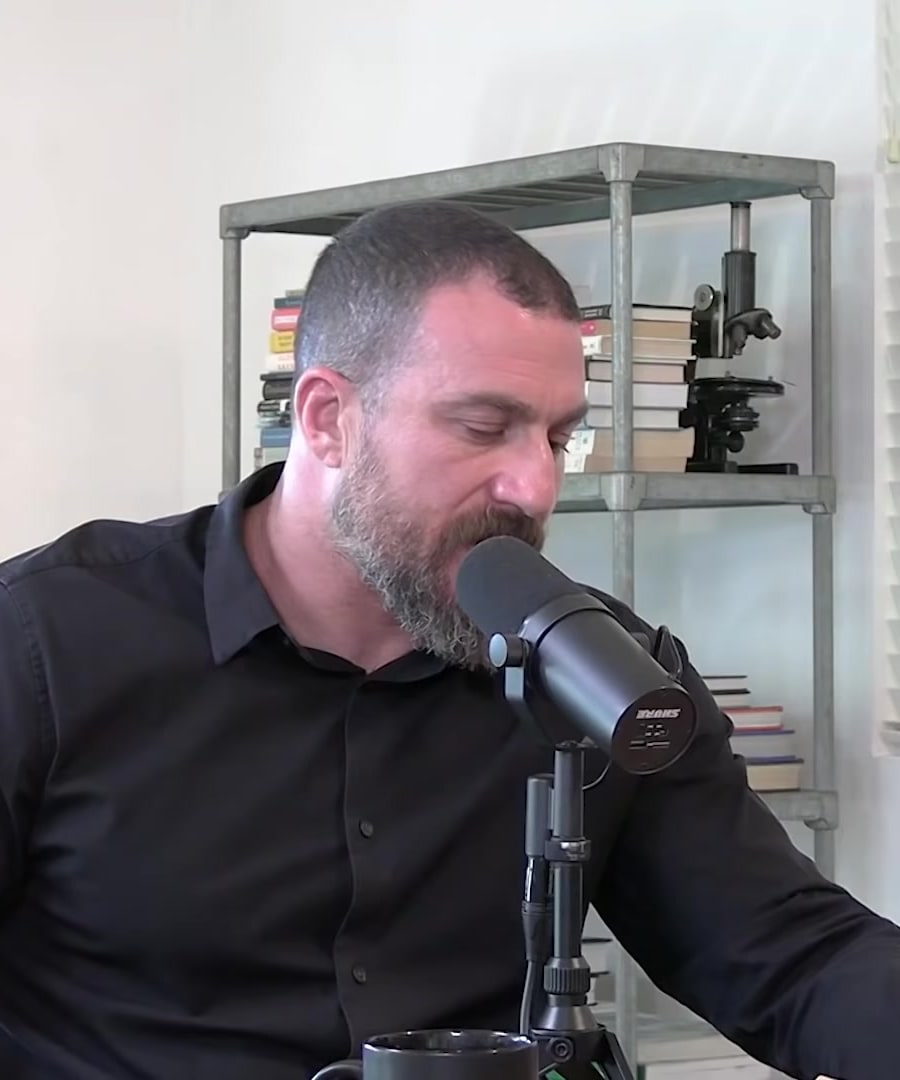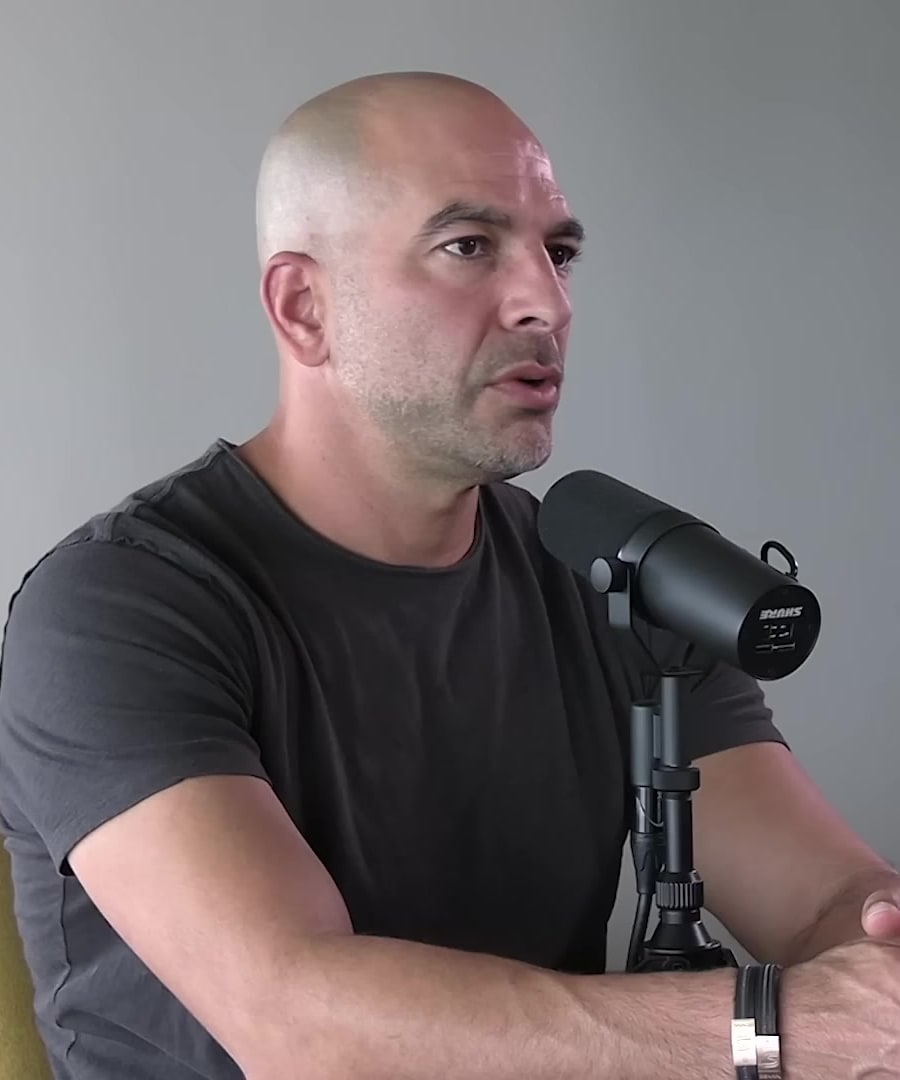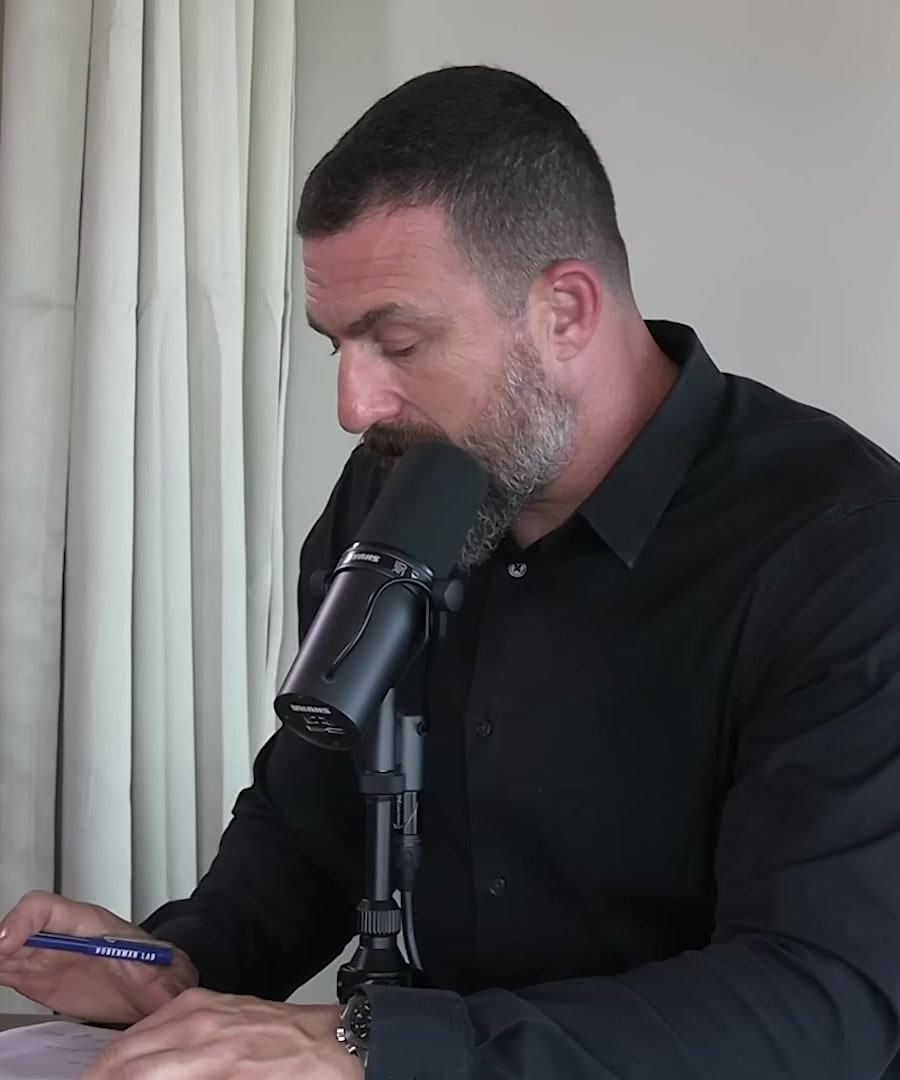TRT
Sources:
Testosterone Replacement Therapy (TRT) is a treatment approach often discussed in the context of hormone optimization for both men and women. Here's a summary of insights from the on the subject:
-
Purpose and Concerns:
- TRT is intended to address low testosterone levels but is sometimes used for non-medical reasons, such as performance enhancement or cosmetic benefits. However, this can lead to significant health risks, particularly concerning fertility, as exogenous testosterone can reduce sperm counts and, potentially, sperm quality 1 2.
-
Appropriate Usage:
- The therapy is most suitable for individuals with clinically low testosterone levels. For those within the normal reference range of 300-900 ng/dL, the health benefits often do not outweigh the risks. It is advised to consider other health and lifestyle factors first before initiating TRT, especially for younger individuals who want to maintain fertility 3 4.
-
Methodologies:
- The current trend in TRT involves smaller, more frequent injections to maintain a steady state of testosterone, which helps avoid peaks and troughs that might lead to adverse effects like acne, mood swings, or cardiovascular issues 5 2. Typical dosing is between 100 to 120 milligrams per week, divided into multiple doses 5.
-
Fertility and Side Effects:
-
Alternatives:
Overall, stresses the importance of considering the full implications of TRT and suggests thorough discussions with healthcare providers to determine the best path forward, especially regarding fertility preservation.
RELATED QUESTIONS-
TRT
- RELATED QUESTIONS






